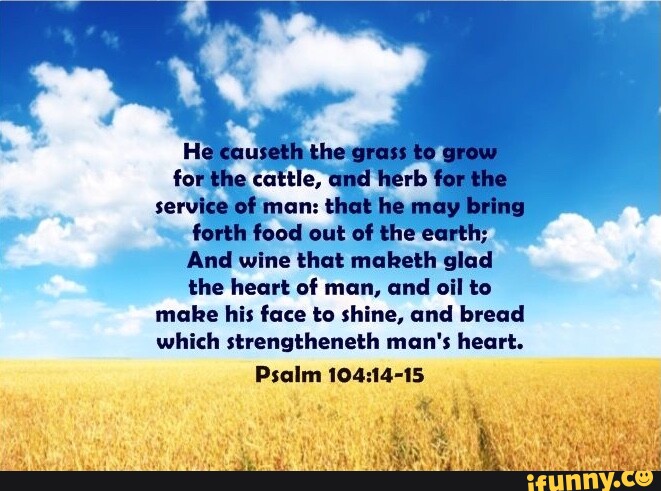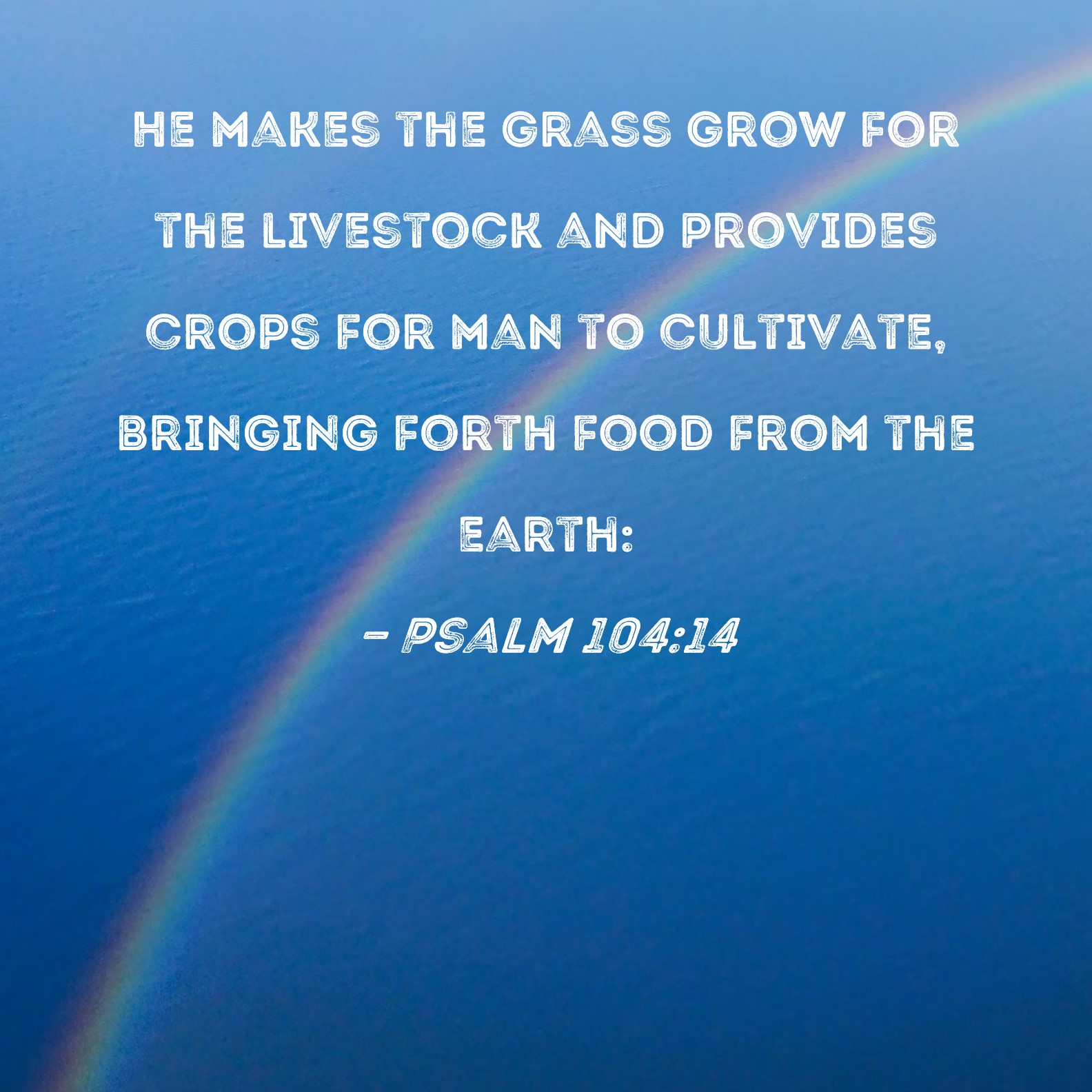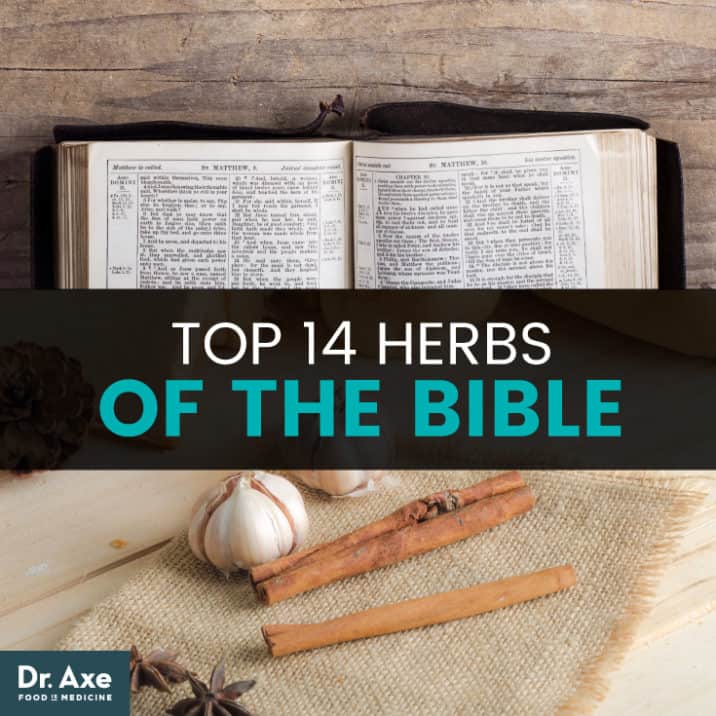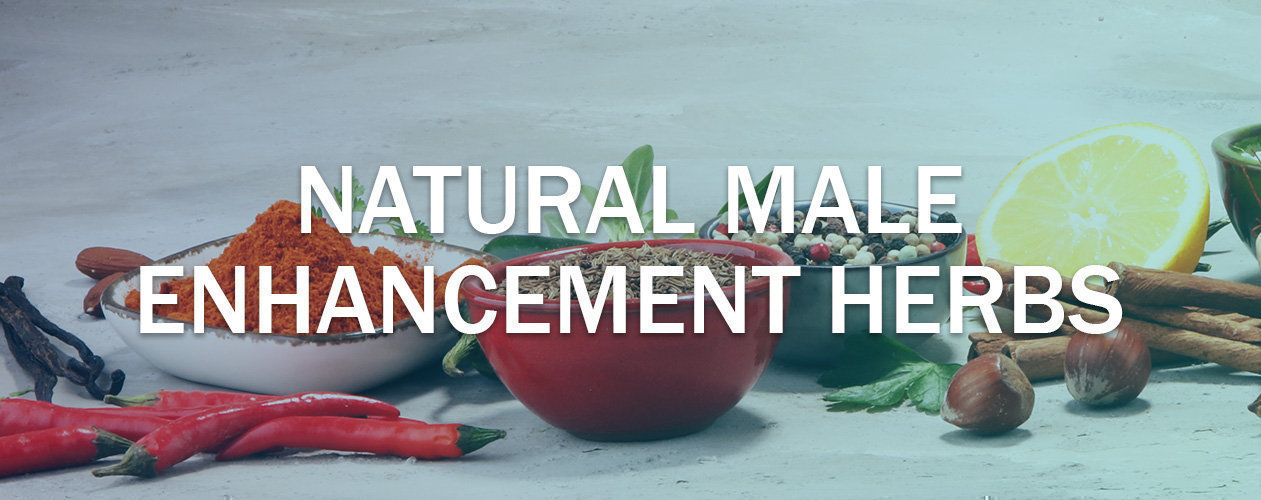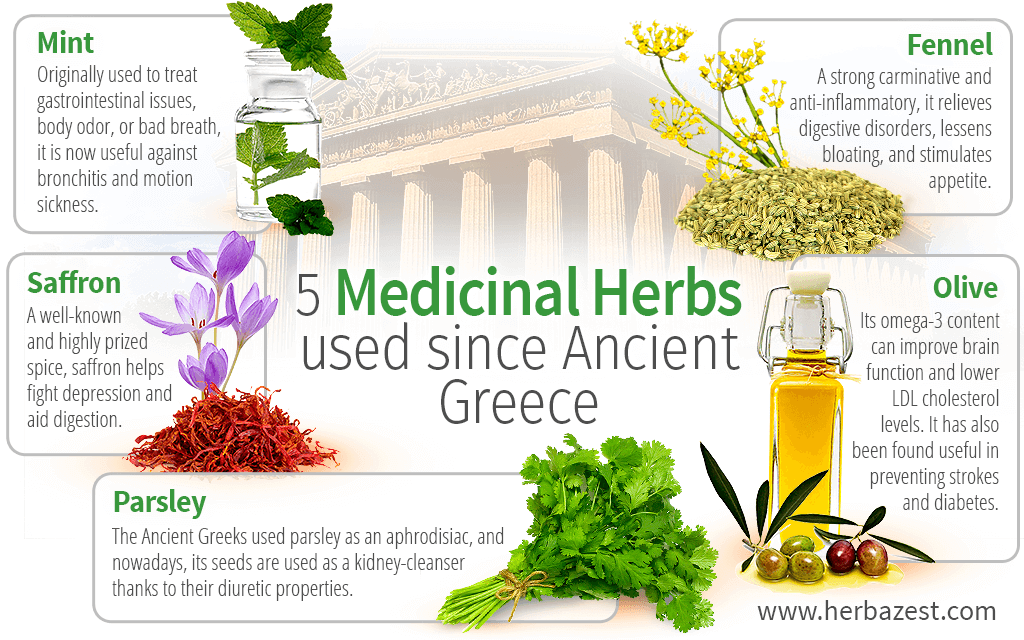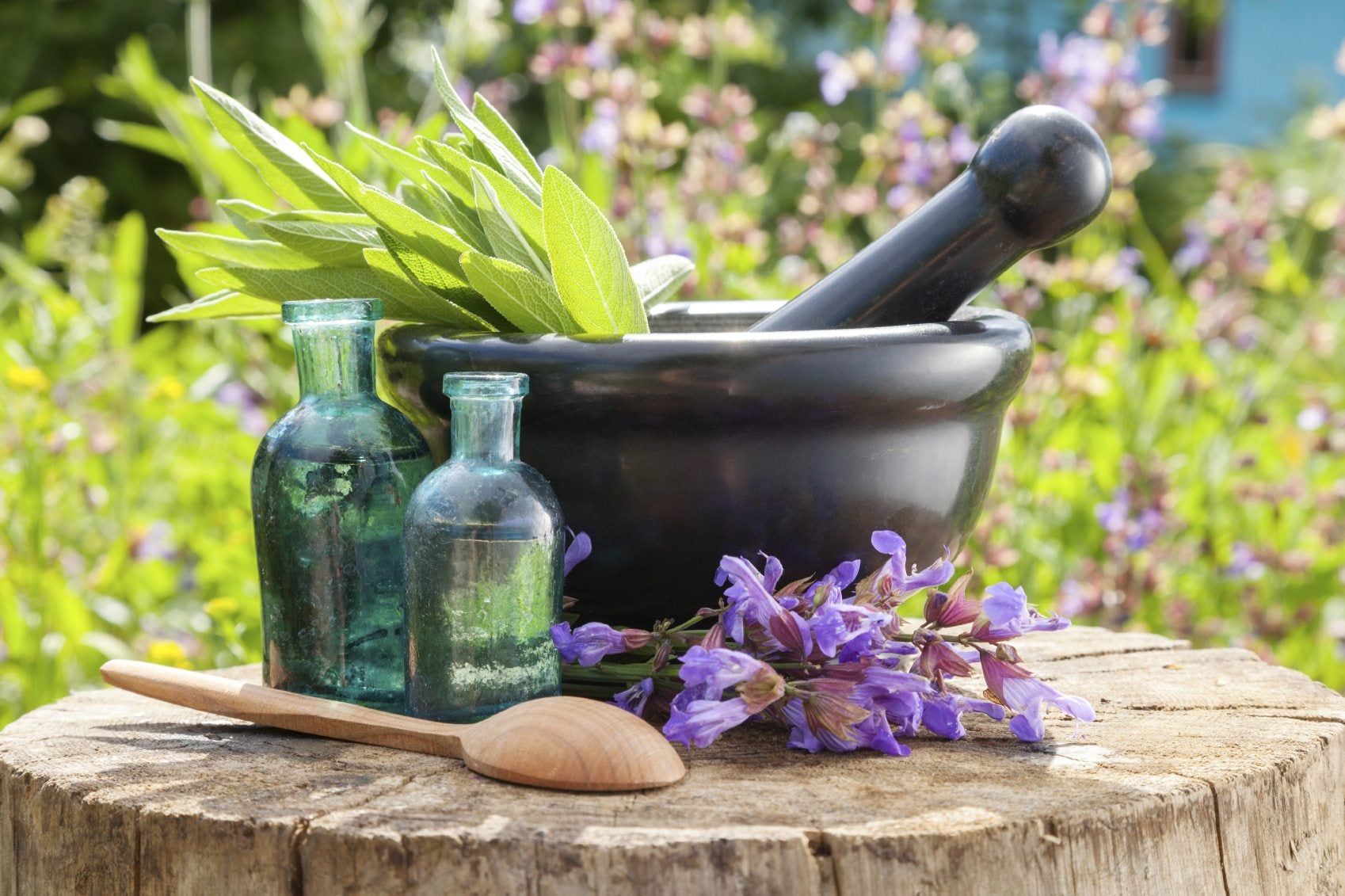Herbs For The Service Of Man

For millennia, humanity has turned to the earth's bounty for healing and sustenance. From ancient remedies whispered down through generations to modern scientific investigations, the power of herbs to serve humankind remains a subject of intense study and fervent belief. But as demand surges and supply chains strain, questions arise about sustainability, efficacy, and the equitable access to these botanical treasures.
This article delves into the multifaceted world of herbalism, examining its historical roots, its current applications in health and wellness, and the challenges that lie ahead in ensuring its responsible and effective utilization. We will explore the scientific validation of traditional uses, the ethical considerations surrounding sourcing and cultivation, and the future potential of herbs in addressing global health challenges. Understanding these aspects is crucial for navigating the increasingly complex landscape of herbal medicine.
A Legacy of Healing: The Historical Significance of Herbs
Herbal medicine boasts a history as old as civilization itself. Ancient texts from Egypt, China, and India document the sophisticated use of plants for medicinal purposes.
The Ebers Papyrus, dating back to 1550 BC, details hundreds of herbal remedies used in ancient Egyptian medicine. Similarly, traditional Chinese medicine (TCM) has long relied on a vast pharmacopoeia of herbs to balance qi and promote overall well-being.
In Europe, the writings of Dioscorides, a Greek physician in the first century AD, formed the basis of Western herbalism for centuries. These historical practices underscore the enduring relationship between humans and the plant kingdom for healing.
Modern Applications: Herbs in Contemporary Healthcare
Today, herbal medicine continues to play a significant role in healthcare, both as a complementary therapy and, in some regions, as a primary form of treatment.
Many pharmaceutical drugs are derived from plant compounds, demonstrating the continued relevance of herbal research. For example, aspirin originated from salicin, found in willow bark, and digoxin, used to treat heart conditions, comes from the foxglove plant.
Furthermore, there's growing interest in using herbs for preventative care and to manage chronic conditions. Herbs like turmeric (containing curcumin), ginger, and chamomile are commonly used for their anti-inflammatory, digestive, and calming properties respectively.
Scientific Scrutiny: Validating Traditional Knowledge
While traditional herbal medicine is steeped in history, modern science is increasingly focused on rigorously evaluating the efficacy and safety of herbal remedies. The National Center for Complementary and Integrative Health (NCCIH), a branch of the National Institutes of Health (NIH), conducts and supports research on herbal medicine.
Studies have investigated the potential benefits of herbs for various conditions, including anxiety, depression, arthritis, and cancer. However, the quality of evidence varies widely, and more research is often needed to confirm traditional uses and establish optimal dosages.
One major challenge is the variability in herbal products. Factors such as plant species, growing conditions, processing methods, and storage can all affect the chemical composition and potency of herbal remedies. Standardization of herbal products is crucial for ensuring consistency and safety.
Ethical Considerations: Sourcing and Sustainability
The increasing popularity of herbal medicine raises important ethical considerations regarding sourcing and sustainability.
Overharvesting of wild plants can threaten vulnerable species and disrupt ecosystems. Sustainable harvesting practices, such as selective harvesting and replanting, are essential to ensure the long-term availability of medicinal plants.
Fair trade initiatives are also important to protect the livelihoods of indigenous communities and small-scale farmers who cultivate medicinal plants. Organizations like the FairWild Foundation promote ethical sourcing and sustainable wild collection of medicinal plants.
Regulatory Landscape: Navigating the Complexities
The regulation of herbal products varies widely across different countries.
In the United States, herbal supplements are regulated as dietary supplements, which means they are not subject to the same rigorous testing and approval process as pharmaceutical drugs. This can lead to concerns about product quality, safety, and efficacy.
In contrast, some countries, such as Germany and China, have stricter regulations for herbal medicines, requiring manufacturers to demonstrate safety and efficacy before products can be marketed. Consumers must be aware of the regulatory landscape in their region and choose products from reputable sources.
Challenges and Opportunities: The Future of Herbal Medicine
The future of herbal medicine hinges on addressing several key challenges.
These include improving scientific rigor, ensuring product quality and standardization, promoting sustainable sourcing, and enhancing regulatory oversight. Embracing technological advancements, such as DNA barcoding for species identification and advanced extraction techniques, can help to address these challenges.
Despite the challenges, herbal medicine offers significant opportunities to improve global health. As interest in natural and holistic approaches to healthcare continues to grow, herbs can play an increasingly important role in preventing and treating disease, especially in underserved populations with limited access to conventional medicine.
By fostering collaboration between traditional healers, scientists, policymakers, and industry stakeholders, we can unlock the full potential of herbs to serve the well-being of humankind, while ensuring their responsible and sustainable use for generations to come.
The key lies in respecting the wisdom of the past, embracing the rigor of modern science, and acting with a deep sense of responsibility towards the planet and its people.


